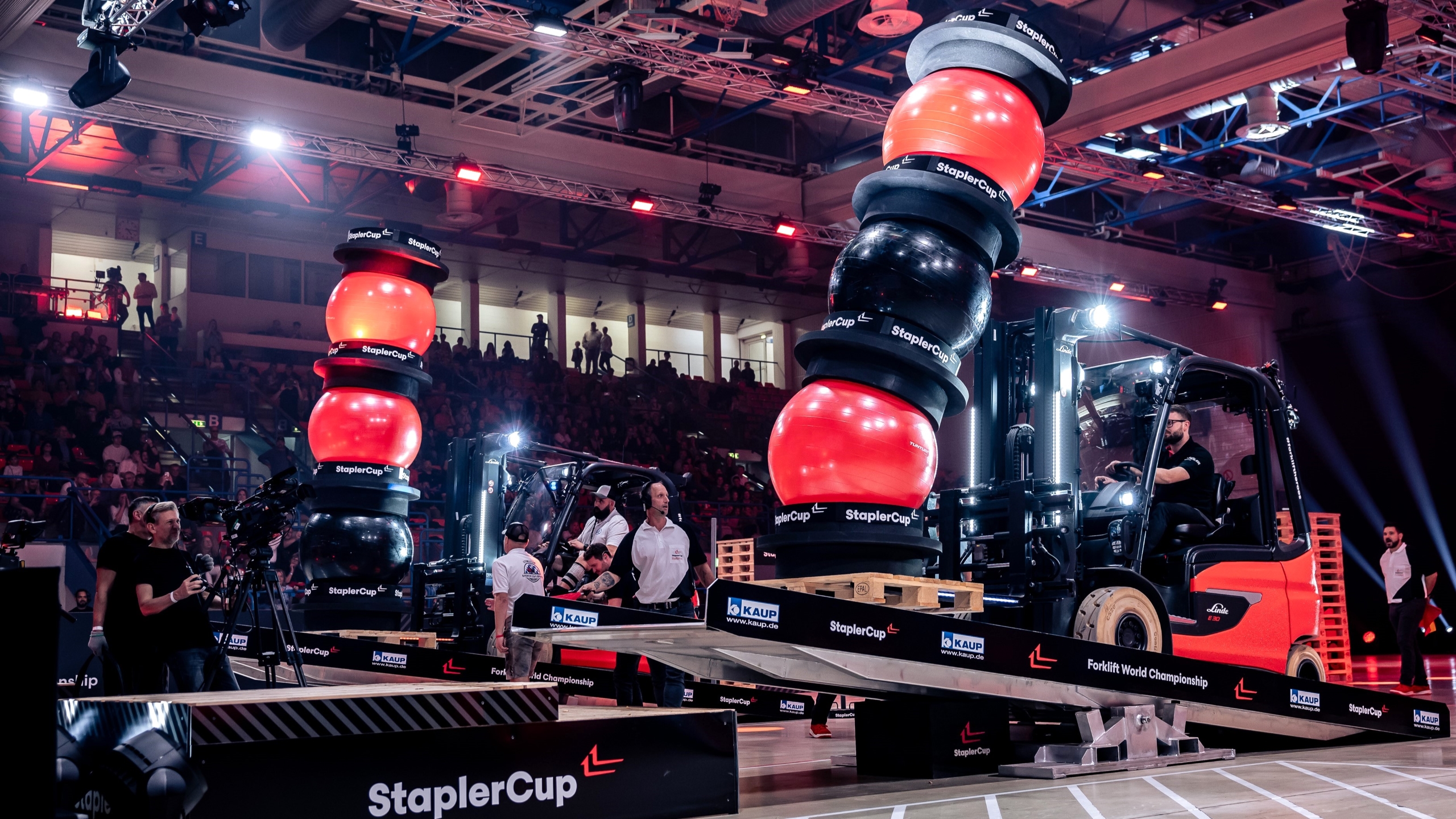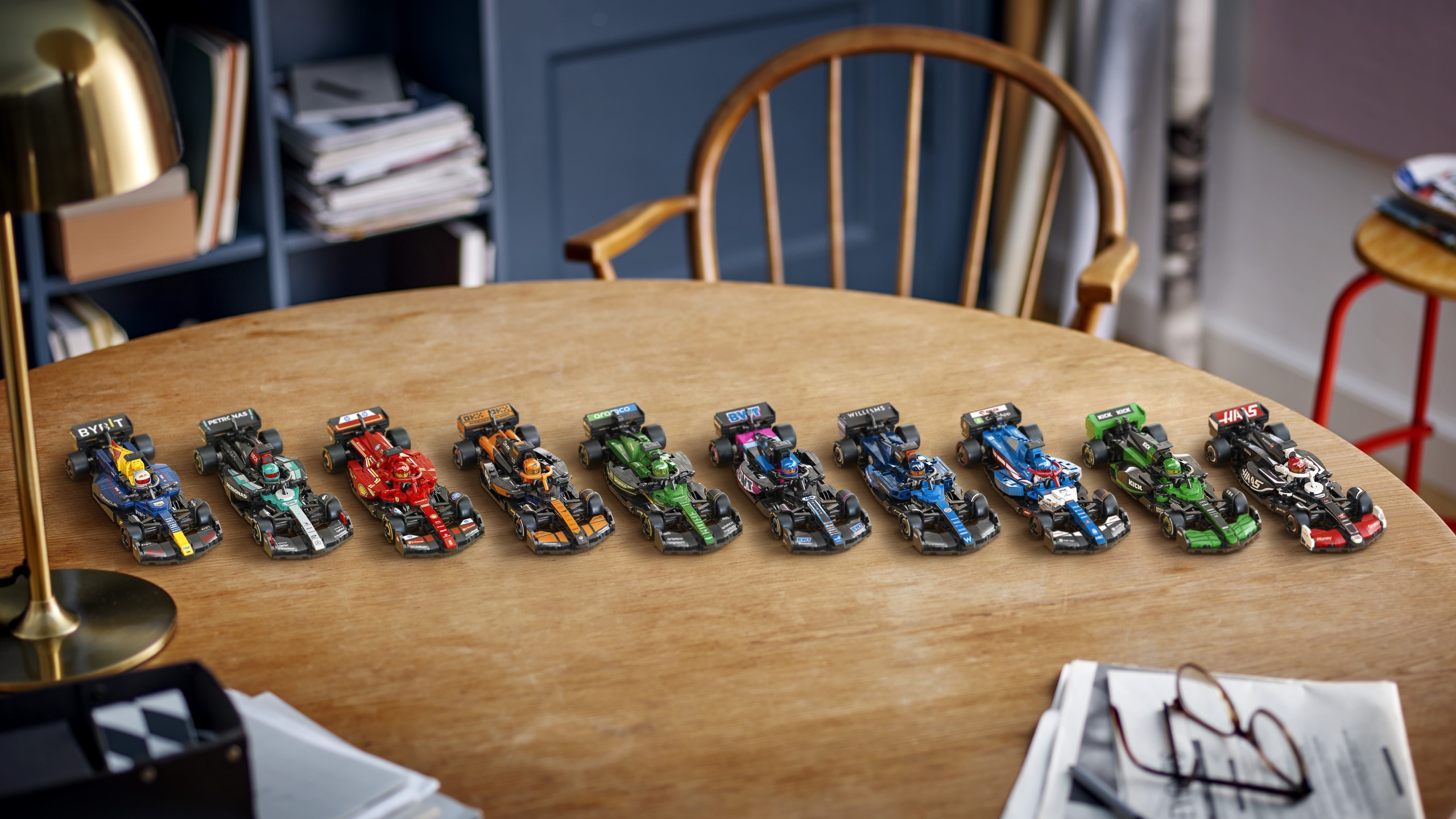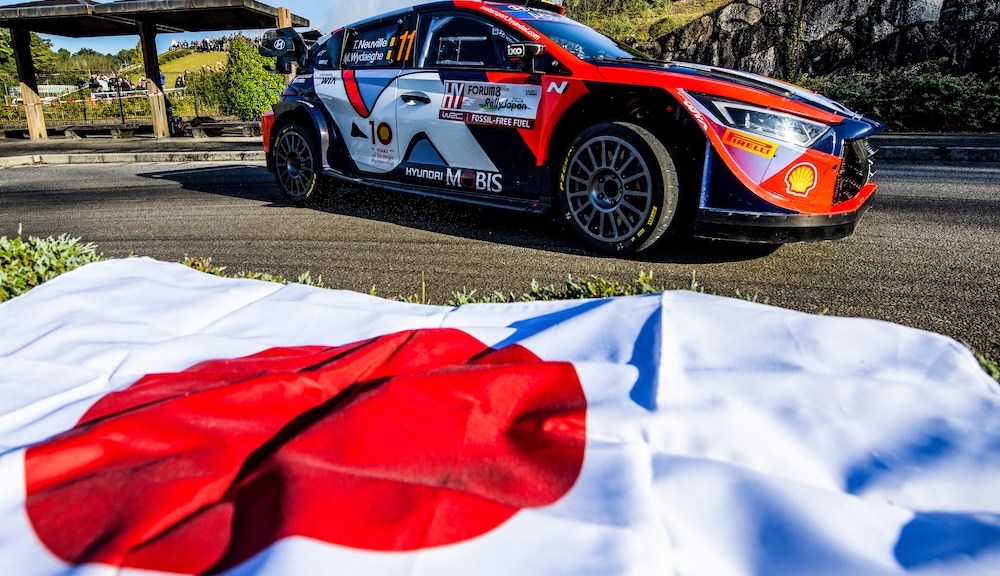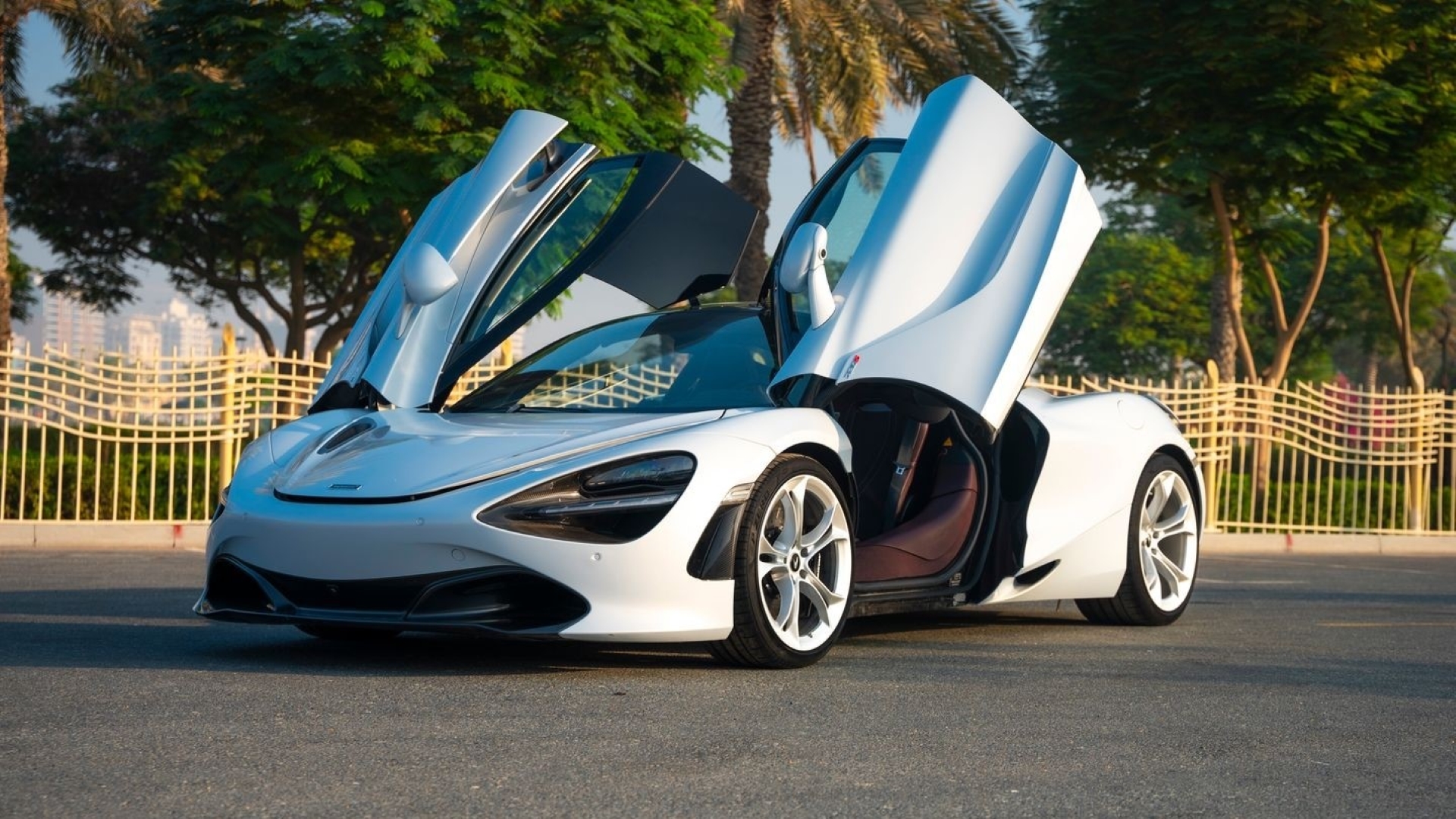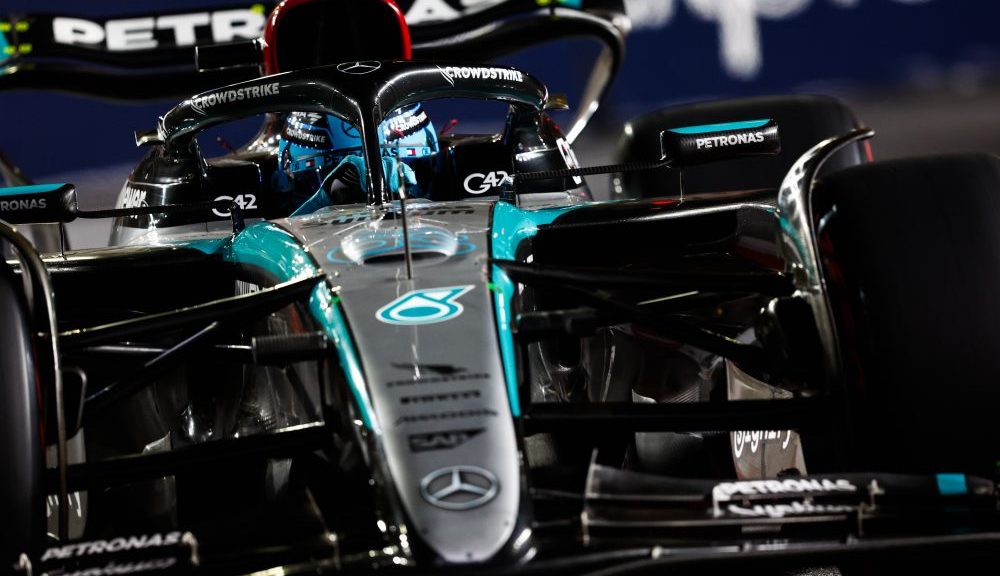For the past 19 years, Germany has hosted a competition that rewards precision, focus, speed and finesse. Oh, and the “athletes” need a valid forklift certificate. Yes, forklift racing exists, and the once dominant German team has given up its supremacy on its home turf. Welcome to my new rabbit hole.
The StaplerCup is the brainchild of Linde Material Handling, a German forklift manufacturer. Partly a marketing ploy, I’m sure, but also a recognition of the unsung but vital profession. Makes sense, yes? But what do staplers have to do with forklifts? Everything! Because forklift translates to stapler in German.
According to the Wall Street Journalthe StaplerCup debuted in 2005 and was open to certified ‘forklift heroes’. Initially a home event, in 2008 the event welcomed international teams. However, the forklift race remained largely dominated by Germany.
Eventually, as word got out about the quirky competition with legitimate bragging rights, more countries joined in and the national competition with international friends was turned into an official world championship this year. The previous German forklift driving championships are now the World Forklift Championships. Sounds even more intense.

“We have seen the StaplerCup community grow and attract participants from an increasing number of countries, so it made perfect sense to expand internationally,” StaplerCup Sports Director Martin Stadtmüller said in a press release. “Our goal is to build the largest global forklift community, uniting forklift sports enthusiasts worldwide and finding the best of the best.”
The StaplerCup 2024 attracted participants from 11 other countries, mainly European. China, which had participated in 2019, was the non-EU outlier. Teams and individuals competed in head-to-head battles to demonstrate their skills in various disciplines. Speed is important, but so is accuracy.
They don’t race on a track (yet), but they don’t use basic palettes either. They stack exercise balls and sort cages or build towers out of oddly shaped pieces and then maneuver that load to a finish line. In a previous event, participants had to use a scale model of a forklift truck to remove pieces from a table. Sounds simple enough, but in double forklift style the model could only be moved via the fork of a real forklift on which it was placed.


This year, world championships were awarded for men, women and national teams. The Corporate Cup, which consists of corporate teams, is part of the StaplerCup awards, but is not recognized as a world championship. Germans were crowned in the individual classes, but it was Belgium, a noted underdog, who edged out Germany and Slovakia for the gold medals.
Stadtmüller told the WJ that his countrymen were becoming too comfortable, and that he was looking forward to their long-standing dominance being challenged.
“I want real competition,” he said. “Sometimes too much trust can be dangerous.”
Next year’s StaplerCup will feature even more experienced competitors, including teams from the US and Canada.
